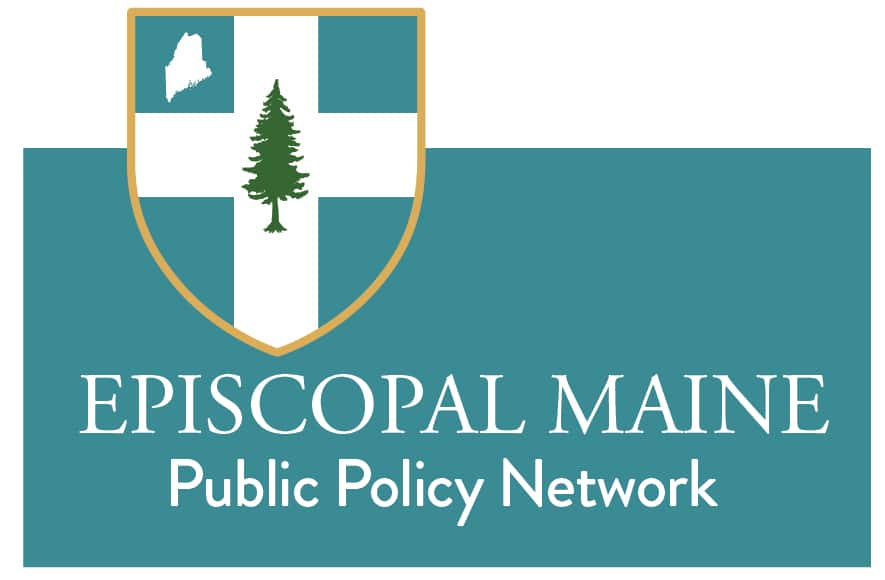
The legislature convened the second session this week and the schedule for public hearings and work sessions is already starting to fill up. All legislative committee work will be conducted virtually at least through January and the Covid status will be updated monthly before deciding to resume in-person meetings at the State House.
Tribal sovereignty (LD 1626) is a top legislative priority for the Maine Episcopal Public Policy Network (MEPPN) and all of the diocesan justice councils including the Committee on Indian Relations (CIR), Episcopal Peace Fellowship (EPF), Creation Care Team, and the Racial Justice Council (RJC). Last year, the Diocesan Convention supported resolution #1 by an overwhelming majority of 94%. Following the lead of the Committee on Indian Relations and the Wabanaki Alliance, we will engage the entire diocese to advocate on behalf of LD 1626. The Alliance has developed an enormous amount of resources to help everyone engage at any level you feel comfortable. On the website you will find information about Frequently Asked Questions, Talking Points, Letters to the Editor, How to Contact Your Legislator, Social Media Tips, and a list of the coalition partners, including the Maine Council of Churches. (Read about the Moral Agenda which guides our work here.)
Once the legislative schedule for this bill is established in the next couple of weeks, we will alert everyone to activate outreach to individual House and Senate members and the Governor’s office.
In addition to tribal sovereignty, the various networks will be working on legislation about a healthy environment, criminal justice reform, gun safety, public health, racial equity, and others. If you have any questions about our legislative agenda, please reach out to John Hennessy, Director of Public Advocacy, for more information.